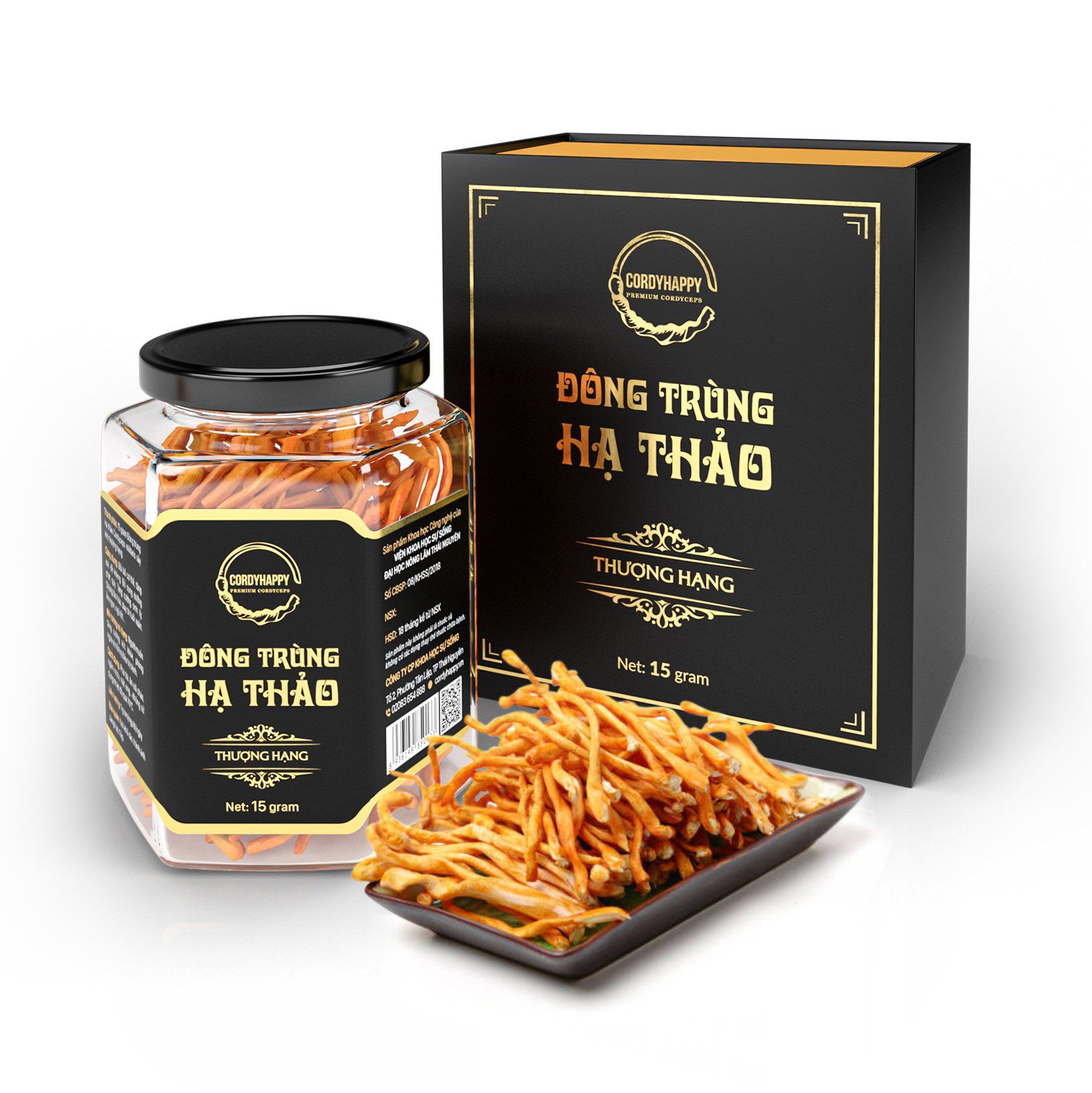F100_Natural killer T cells recognize diacylglycerol antigen
Natural killer T cells recognize diacylglycerol antigens from pathogenic bacteria.
Kinjo Y, Tupin E, Wu D, Fujio M, Garcia-Navarro R, Benhnia MR, Zajonc DM, Ben-Menachem G, Ainge GD, Painter GF, Khurana A, Hoebe K, Behar SM, Beutler B, Wilson IA, Tsuji M, Sellati TJ, Wong CH, Kronenberg M
Nat Immunol 2006 Sep 7(9):978-86
F1000 Factor 3.0
The authors demonstrate that a lipid from the spirochete Borrelia burgdorferi, which causes Lyme disease, triggers a CD1d-dependent natural killer T (NKT) cell response. These results indicate that NKT cells respond to lipids from pathogenic bacteria, and suggest that NKT cells might play an important role in host defense against a variety of pathogens.
Abstract from Pubmed:
http://www.ncbi.nlm.nih.gov/entrez/...1381&dopt=Abstract&holding=f1000,f1000m,hulib
Natural killer T (NKT) cells recognize glycosphingolipids presented by CD1d molecules and have been linked to defense against microbial infections. Previously defined foreign glycosphingolipids recognized by NKT cells are uniquely found in nonpathogenic sphingomonas bacteria. Here we show that mouse and human NKT cells also recognized glycolipids, specifically a diacylglycerol, from Borrelia burgdorferi, which causes Lyme disease. The B. burgdorferi-derived, glycolipid-induced NKT cell proliferation and cytokine production and the antigenic potency of this glycolipid was dependent on acyl chain length and saturation. These data indicate that NKT cells recognize categories of glycolipids beyond those in sphingomonas and suggest that NKT cell responses driven by T cell receptor-mediated glycolipid recognition may provide protection against diverse pathogens.
Natural killer T cells recognize diacylglycerol antigens from pathogenic bacteria.
Kinjo Y, Tupin E, Wu D, Fujio M, Garcia-Navarro R, Benhnia MR, Zajonc DM, Ben-Menachem G, Ainge GD, Painter GF, Khurana A, Hoebe K, Behar SM, Beutler B, Wilson IA, Tsuji M, Sellati TJ, Wong CH, Kronenberg M
Nat Immunol 2006 Sep 7(9):978-86
F1000 Factor 3.0
The authors demonstrate that a lipid from the spirochete Borrelia burgdorferi, which causes Lyme disease, triggers a CD1d-dependent natural killer T (NKT) cell response. These results indicate that NKT cells respond to lipids from pathogenic bacteria, and suggest that NKT cells might play an important role in host defense against a variety of pathogens.
Abstract from Pubmed:
http://www.ncbi.nlm.nih.gov/entrez/...1381&dopt=Abstract&holding=f1000,f1000m,hulib
Natural killer T (NKT) cells recognize glycosphingolipids presented by CD1d molecules and have been linked to defense against microbial infections. Previously defined foreign glycosphingolipids recognized by NKT cells are uniquely found in nonpathogenic sphingomonas bacteria. Here we show that mouse and human NKT cells also recognized glycolipids, specifically a diacylglycerol, from Borrelia burgdorferi, which causes Lyme disease. The B. burgdorferi-derived, glycolipid-induced NKT cell proliferation and cytokine production and the antigenic potency of this glycolipid was dependent on acyl chain length and saturation. These data indicate that NKT cells recognize categories of glycolipids beyond those in sphingomonas and suggest that NKT cell responses driven by T cell receptor-mediated glycolipid recognition may provide protection against diverse pathogens.

